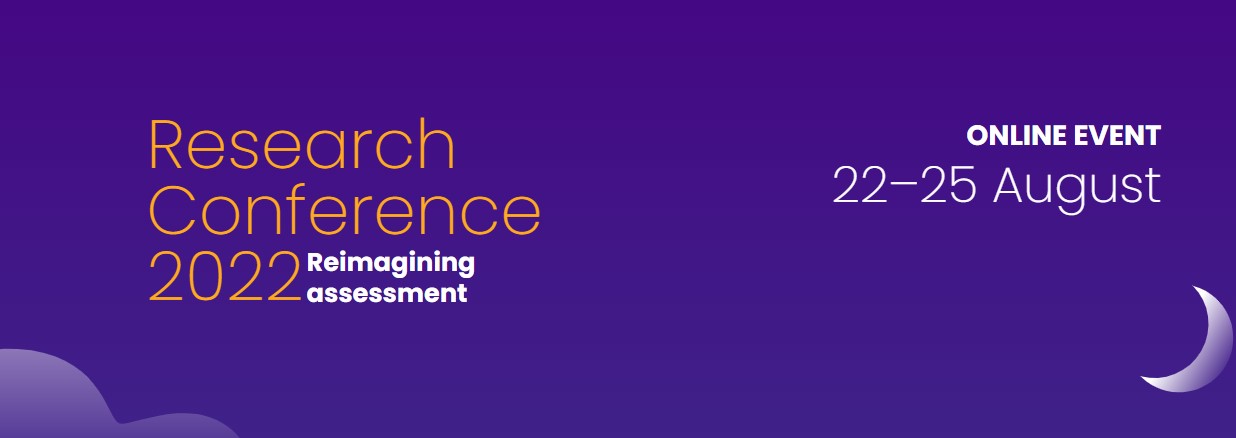Playful assessment: Don’t stop the fun
Start Date
24-8-2022 11:15 AM
End Date
24-8-2022 12:15 PM
Subjects
Play based learning, Formative evaluation, Student assessment, Game based learning, Primary secondary education
Abstract
Learning is becoming more playful and student-centered, but assessment has not kept up. Too often, when learners are involved in a hands-on, minds-on project, that engagement and enjoyment stops when the assessment comes out. But there is a better way! Embedding assessment techniques into playful learning experiences can make students feel comfortable, elicit authentic evidence of skill mastery, and provide actionable information to teachers. In this session, we’ll review some research on assessment for learning, and playful learning, and discuss how they fit together. We will present examples of embedded assessment tools and game-based assessments to illustrate how playful assessment can look in practice. Finally, we will share some ways that researchers and teachers alike can use the principles of playful assessment in their own work.
Recommended Citation
Rosenheck, L. & Kim, YJ. (2022, August 22–25). Playful assessment: Don’t stop the fun. [Conference presentation]. ACER Research Conference 2022: Reimagining assessment. https://research.acer.edu.au/rc21-30/rc2022/rc2022/11
Copyright Statement
Copyright Australian Council for Educational Research 2022
Playful assessment: Don’t stop the fun
Learning is becoming more playful and student-centered, but assessment has not kept up. Too often, when learners are involved in a hands-on, minds-on project, that engagement and enjoyment stops when the assessment comes out. But there is a better way! Embedding assessment techniques into playful learning experiences can make students feel comfortable, elicit authentic evidence of skill mastery, and provide actionable information to teachers. In this session, we’ll review some research on assessment for learning, and playful learning, and discuss how they fit together. We will present examples of embedded assessment tools and game-based assessments to illustrate how playful assessment can look in practice. Finally, we will share some ways that researchers and teachers alike can use the principles of playful assessment in their own work.


